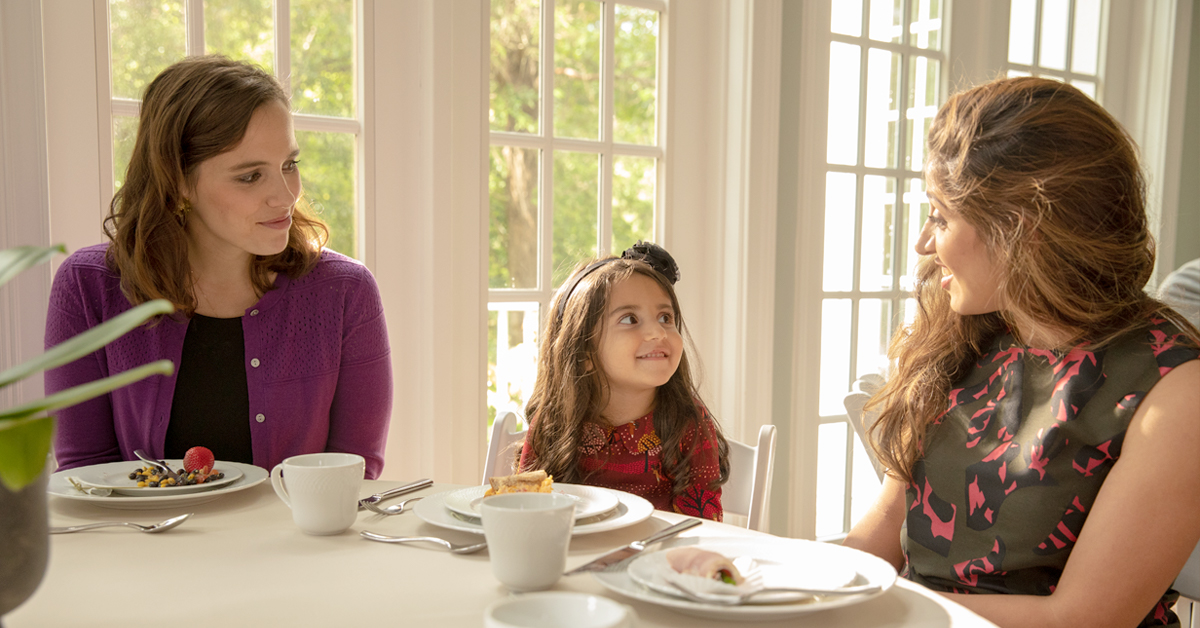
One of the greatest joys of what we do here at Nalley-Pickle & Welch Funeral Homes & Crematory is helping our neighbors who have different cultural, ethnic, and faith backgrounds pay tribute to their loved ones. Big Spring, Midland, and Stanton are wonderfully diverse places to live, and it’s important to us to be able to assist everyone in planning the funeral and burial to appropriately honor the special people in their lives.
 One large ethnic group we have the pleasure of serving are those whose families are from Mexico and other Spanish countries. Our team holds many Hispanic funeral traditions close to our hearts – particularly as they relate to funeral service. Traditions add so much meaning to life, helping shape our values and offer comfort during difficult times.
One large ethnic group we have the pleasure of serving are those whose families are from Mexico and other Spanish countries. Our team holds many Hispanic funeral traditions close to our hearts – particularly as they relate to funeral service. Traditions add so much meaning to life, helping shape our values and offer comfort during difficult times.
While losing a loved one is never easy, the Catholic beliefs many Hispanics hold dear bring hope. It’s a belief that death is not the end of the road, but only a beginning.
Commemorating a Loved One
When it comes to end-of-life traditions, how do many Mexican families commemorate their loved ones? It usually begins with a death vigil or wake held with family and friends, as they gather to pray and share food and memories. The person who died is present, and the family surrounds them in prayer for a day or two. A Mexican wake typically features an open casket along with a display of photos and special possessions.
Children will most likely be present, as they are taught from an early age about death and eternal life and are typically comfortable with the idea. Mexican tradition does not shy away from the subject of death, but addresses it issue openly and honestly starting at an early age.
The funeral itself is often held at a Catholic church and includes a Mass, with a priest leading the ceremony. Those in attendance will spend about an hour together in prayer and song before going to the burial site. Traditional burial is a more popular choice among Mexicans and Mexican-Americans, as families want a place to return to on special days to remember their loved one. All ancestors who have died are celebrated each year on All Soul’s Day. Graveside services are also important. According to traditional Mexican beliefs, people begin a new life after they are buried, so they are laid to rest with their favorite items.
After the burial, it’s common to have a reception, as guests gather to share food and drink, and comfort one another in their loss. Receptions often last several hours, so those in attendance devote their day to honoring the loved one who died.
Helping You Celebrate Traditions
At Nalley-Pickle & Welch Funeral Homes & Crematory, we know how important it is to pay tribute to a loved one with culture and familial traditions. It’s the personal details that add so much and help with healing.
In Mexico and for many Mexican-Americans here in Big Spring, Midland, and Stanton, the vigil, funeral, and reception bring the community together. Our team can help you make arrangements that celebrate your traditions no matter what they are.
For our Spanish-speaking neighbors, our bilingual Preplanning Specialist, Karina Garcia, is ready to assist you in ensuring your final wishes are known among those closest to you. Karina, along with the rest of our compassionate team, is knowledgeable about Hispanic funeral traditions and will work with you to create your ideal farewell. Additionally, if you would like to be buried in Mexico – or whatever country or state is home for you – we can help you arrange this in the most convenient and affordable way.
Of course, different families embrace different customs. But devotion to one another and to the love that is shared is never more prevalent than during a final farewell.
We embrace the beauty and value of different cultures and recognize how families move toward healing when they celebrate and honor life together. Reach out to us if you have questions, would like to learn about our preplanning services, or to hear how we can work with you during your time of need.
